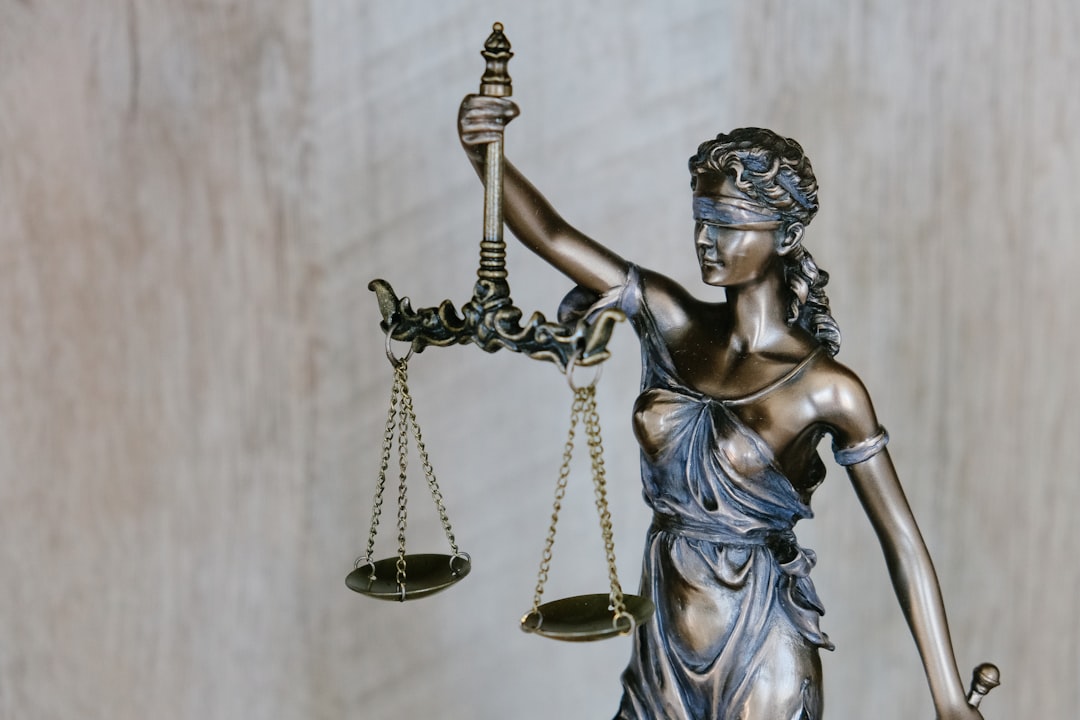West Covina is experiencing a surge in robocalls, prompting residents to seek legal action from spam call lawyers in Los Angeles due to privacy invasion concerns. The Telephone Consumer Protection Act (TCPA) governs these issues, with lawyers specializing in spam calls navigating complex regulations to prevent lawsuits and penalties. By 2025, AI advancements will pose new challenges, as spammers employ human-like voices and voice biometric data will be crucial for call authentication. Continuous updates to anti-robocall legislation and public education are necessary in Los Angeles to combat nuisance calls effectively, keeping spam call lawyers in high demand.
“Unveiling the evolving landscape of robocalls in West Covina, this 2025 update offers a comprehensive analysis. The once-intrusive automated calls have become a ubiquitous presence, spurring a historical examination of their rise and impact on local residents. With Los Angeles’ stringent spam call regulations in focus, we explore the legal avenues available to consumers. Furthermore, by predicting future trends, this article aims to equip folks with knowledge, especially spam call lawyers in LA, to navigate and mitigate the challenges posed by these relentless digital invaders.”
The Rise of Robocalls in West Covina: A Historical Perspective

In recent years, West Covina has experienced a surge in robocalls, a trend that mirrors a broader national phenomenon. Historically, these automated phone calls were primarily associated with marketing and sales efforts, often seen as intrusive and annoying. However, as technology advanced, so did the sophistication and purpose of robocalls. Today, they extend far beyond simple advertising, encompassing political campaigning, debt collection, and even fraudulent schemes.
The proliferation of robocalls in West Covina has prompted a growing demand for legal recourse among residents. Spam call lawyers Los Angeles have witnessed an increase in cases involving unwanted automated calls, leading to various lawsuits aimed at holding call centers and businesses accountable. This shift reflects a broader societal response to the pervasive nature of robocalls and their potential to invade personal privacy, causing distress and financial harm to recipients.
Legal Landscape: Spam Call Regulations and Enforcement in Los Angeles

In recent years, the legal landscape surrounding spam calls has evolved significantly in Los Angeles, driven by stringent regulations aimed at protecting consumers from nuisance and fraudulent activities. The Telephone Consumer Protection Act (TCPA) remains a cornerstone of these efforts, imposing strict rules on automated telephone systems and prerecorded messages. Spam call lawyers in Los Angeles play a crucial role in navigating this complex legal terrain, ensuring businesses comply with TCPA requirements to avoid costly lawsuits and penalties.
Enforcement of spam call regulations has intensified, with regulators actively pursuing violators. This increased scrutiny means companies must be vigilant in their approach to automated calling campaigns. Los Angeles-based spam call lawyers are equipped to guide businesses through this process, offering expert advice on best practices, consent management, and compliance strategies. Their expertise helps organizations stay ahead of evolving legal requirements, fostering a more responsible and ethical approach to telemarketing practices in the region.
Future Trends: Predicting Robocall Behavior in 2025

With advancements in artificial intelligence and machine learning, 2025 is poised to see a significant evolution in robocall trends. Spammers are expected to leverage sophisticated AI-driven dialers that can make calls with increasingly human-like voices, making it harder for recipients to distinguish between legitimate and spam calls. These technologies will enable more targeted and personalized marketing campaigns, as algorithms learn from consumer interactions and adapt messages accordingly.
Moreover, the integration of voice biometric data—such as tone, pace, and inflection—will enhance call authentication, potentially reducing the effectiveness of certain robocall tactics. As consumers become increasingly adept at identifying spam calls, developers will need to refine their strategies, with a focus on compliance and consumer privacy. In Los Angeles, where spam call lawyers are in high demand, these trends will necessitate continuous updates to anti-robocall legislation and enhanced public education to mitigate the impact of nuisance calls.






